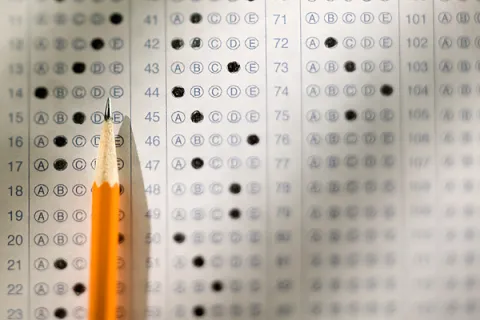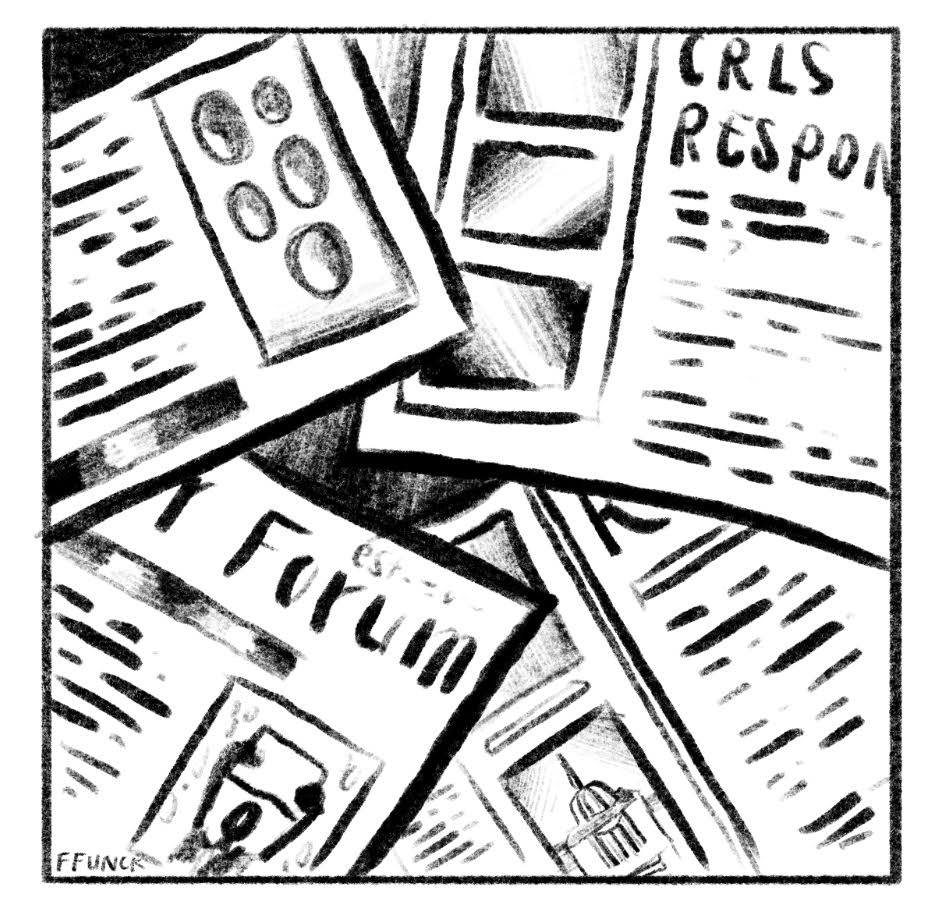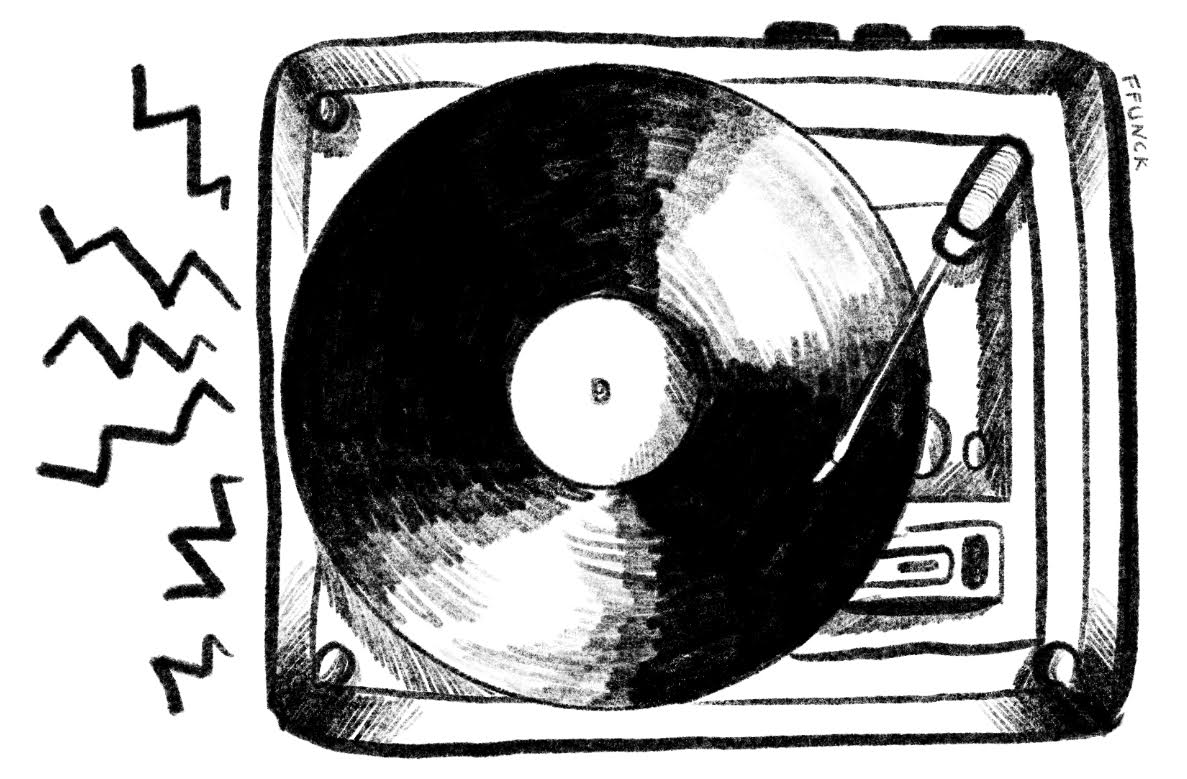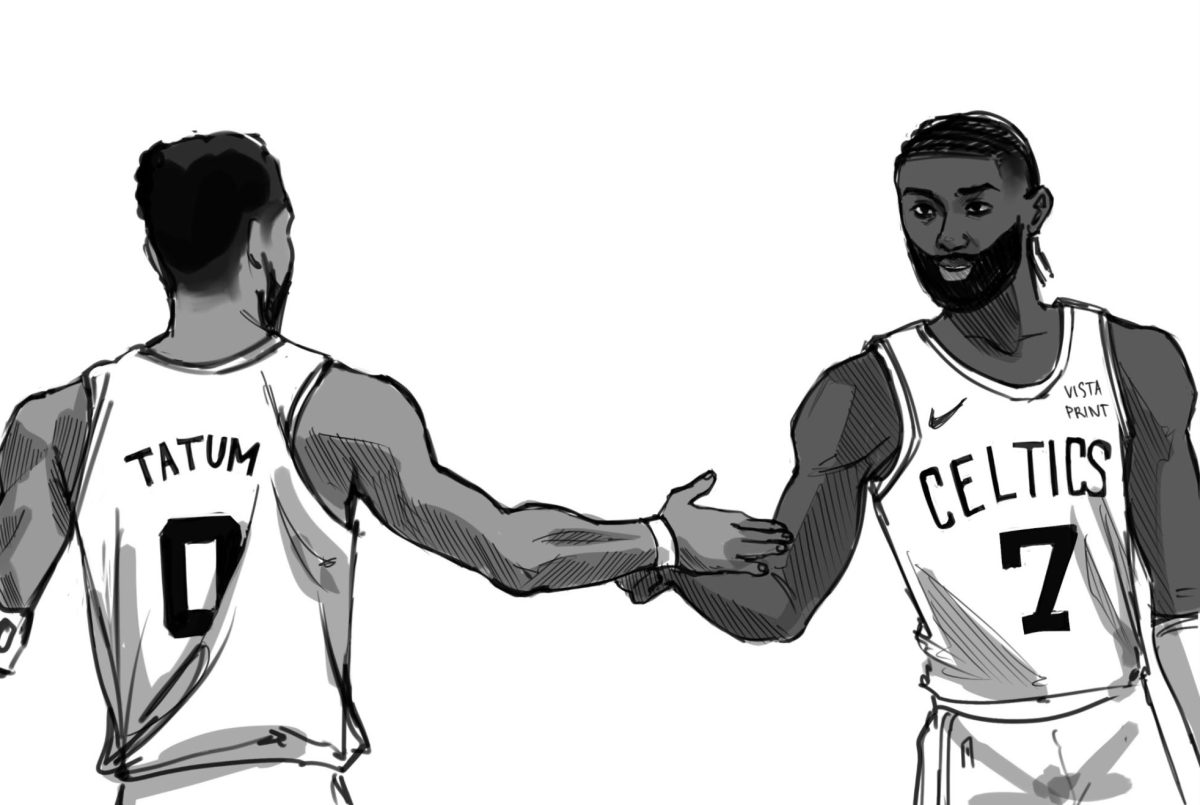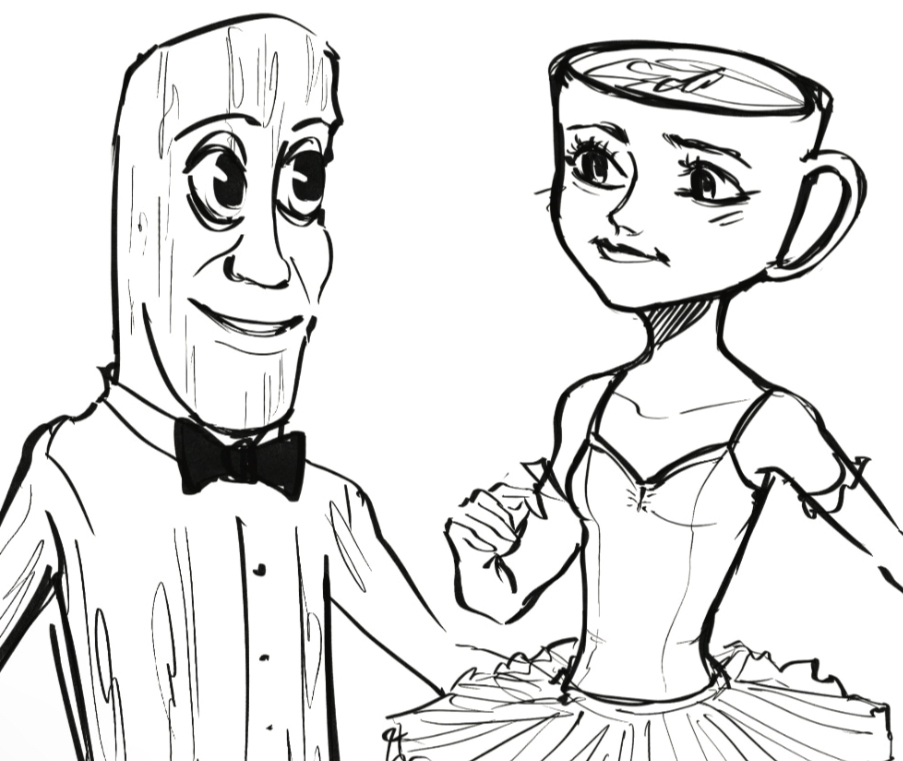Conventionally, an honors course is designed for high-achieving students, with accelerated or additional content compared to its standard-level counterpart. A system of leveled classes like this ensures that students who enter with different learning speeds and achievement levels end up in classes with the right speed and level of challenge. However, at CRLS, honors classes have diverged significantly from this purpose.
First, many major classes such as Physics and Pre-calculus lack a standard-level version, with honors being the only option. This renders “honors” in these subjects meaningless since the lack of selective enrollment typically leads to standards resembling those of a standard-level class; teachers are forced to slow the class down and reduce the difficulty to support students who need more time to be successful with the content. While proponents of throwing out standard-level classes say it raises the standards for everyone, students know that in practice, it does the opposite.
The even more common alternative at CRLS to real honors courses is “earned honors,” where although everyone takes the same class, there is a grade threshold for earning the honors designation. This not only undermines the concept of honors courses but ironically exacerbates the same kind of academic disparity that not having leveled classes seeks to prevent. Even when there is no difference in the class taken, students on the higher end of the achievement spectrum get a dramatic boost to their weighted GPA—a key factor in college admissions—while students just below the threshold don’t. On top of being another meaningless honors designation, this system creates greater polarization without presenting the benefit of advanced coursework. That said, there are logical and functional approaches to earned honors classes that exist at other schools, where students can choose to do extra work in the class to earn the honors designation. Unfortunately, these options do not exist at CRLS.
Even when there are real tiered honors and standard level classes here, the standards set by the departments for honors classes are widely known to be low, leading to classes that fail to challenge higher achieving students. It is this lack of challenge and rigor that has prompted many students to attempt to place out of CRLS courses—particularly math—in favor of accessing more difficult college-level courses quicker. The lowering of standards in school also leads families with more resources to enroll their children in external courses with more content, meaning that only these students get access to truly challenging “honors level” courses, creating another inequity.
Ultimately, honors classes at CRLS don’t fulfill their purpose, benefitting no one. As CRLS continues to move further towards the elimination of leveled classes, with the impending removal of standard-level Algebra 1 next year, the administration and school committee members must consider how fundamentally impractical and inequitable this transition is. Different students learn at different paces and want to be challenged in different disciplines, so ignoring this fact and getting rid of leveled classes across the board will simply hurt students. Instead, CRLS should reinstate real honors and standard-level classes for all major subjects, where standards in honors classes are kept high and consistent.
This article also appears in our January 2025 print edition.







